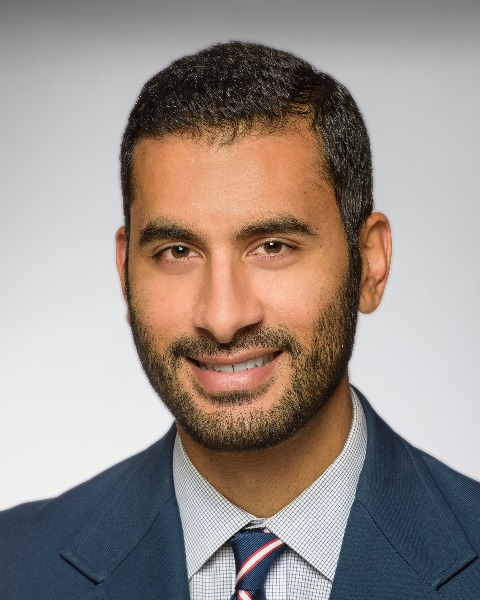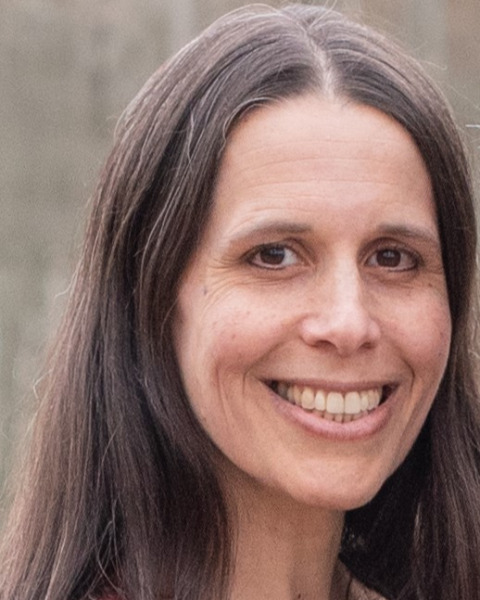Academic and Research Skills
Clinical Research
Core Curriculum for Fellows
Diversity, Equity, and Inclusion
Health Services Research
Effective Sampling Strategies: Capturing the Wisdom of Diversity in Qualitative Research
-

Linda Tewksbury, MD, MHPE (she/her/hers)
Clinical Associate Professor of Pediatrics
New York University Grossman School of Medicine
New York, New York, United States -
MM
Mia Malcolm, BS
Program Manager for Patient Family Centered Care
St. Louis Children's Hospital
St. Louis, Missouri, United States -

Sumeet Banker, MD, MPH (he/him/his)
Associate Professor
Columbia University Vagelos College of Physicians and Surgeons
New York, New York, United States -
JH
Janice Hanson, MAEd, EdS, PhD, MH
Professor of Medicine
Medicine
Washington University in St. Louis School of Medicine
St. Louis, Missouri, United States -

Terry Kind, MD, MPH (she/her/hers)
Professor of Pediatrics; Associate Dean for Clinical Education
Children's National Hospital / George Washington University
Washington, District of Columbia, United States -
JK
Jeanne Krick, MD, MA (she/her/hers)
Program Director, NICU Fellowship
Brooke Army Medical Center
San Antonio, Texas, United States -
AL
Ashwini Lakshmanan, MD, MS, MPH (she/her/hers)
Associate Professor, Health Systems Science
Pediatrics
Kaiser Permanente Bernard J. Tyson School of Medicine
Pasadena, California, United States -

Caroline Paul, MD (she/her/hers)
Associate Professor
Pediatrics
NYU Grossman School of Medicine
New York City, New York, United States -

Jean Petershack, MD (she/her/hers)
Professor
UTHealth San Antonio
San Antonio, Texas, United States -

Ashlie Tseng, MD
Assistant Professor of Pediatrics
Chidlren's Hospital of Richmond at VCU/VCU Health/VCU School of Medicine
Richmond, Virginia, United States -
CV
Chad Vercio, MD
Associate Professor
Pediatrics
Loma Linda University School of Medicine
Redlands, California, United States -

Mason Walgrave, MD (he/him/his)
Fellow, Pediatric Hospital Medicine
Medical University of South Carolina College of Medicine
Charleston, South Carolina, United States -

Colleen Wallace, MD (she/her/hers)
Associate Professor of Pediatrics
Washington University School of Medicine
Saint Louis, Missouri, United States
Leader(s)
Co-Leader(s)
Workshop
Description: Qualitative researchers utilize a variety of sampling strategies to purposefully select voices that will provide a deeper understanding of the phenomenon of interest. A purposeful sampling strategy adds rigor to your qualitative research, particularly when the researcher carefully considers the range of perspectives that best answers the research question. A thoughtful approach to your sampling strategy provides the opportunity to amplify voices that have traditionally been neglected in medical research. On the flip side, failure to include a diverse range of perspectives can introduce bias into your research and at worst perpetuate racism and other “isms” in medicine.
Participants will first be introduced to established sampling strategies in qualitative research and the importance of aligning a selected sampling strategy with the research question. Participants will then hear from a Lead Family Partner and DEI Advisor/Facilitator regarding her experience recruiting Black women for a recently published qualitative study, "Racism and Quality of Neonatal Intensive Care: Voices of Black Mothers" (Witt RE, Malcolm M, et al. Pediatrics 2022;150(3)e:2022056971). Through interactive discussions, participants will evaluate how different sampling strategies can impact both the inclusion and exclusion of voices key to the research question and avoid perpetuating racism and other “isms” in medicine. With guidance from qualitative research experts, participants will then have the opportunity to design a sampling strategy for a qualitative research question (provided or self-chosen) that seeks to include appropriately diverse perspectives. Participants will additionally receive guidance on strategies to address situations in which initial sampling does not yield critical perspectives.
Learning Objectives:
- Describe purposeful sampling strategies for addressing a range of qualitative research questions.
- Analyze how different sampling strategies can impact the inclusion/exclusion of voices important to the research question.
- Create a sampling strategy to address a research question that purposefully seeks to include appropriately diverse perspectives.
